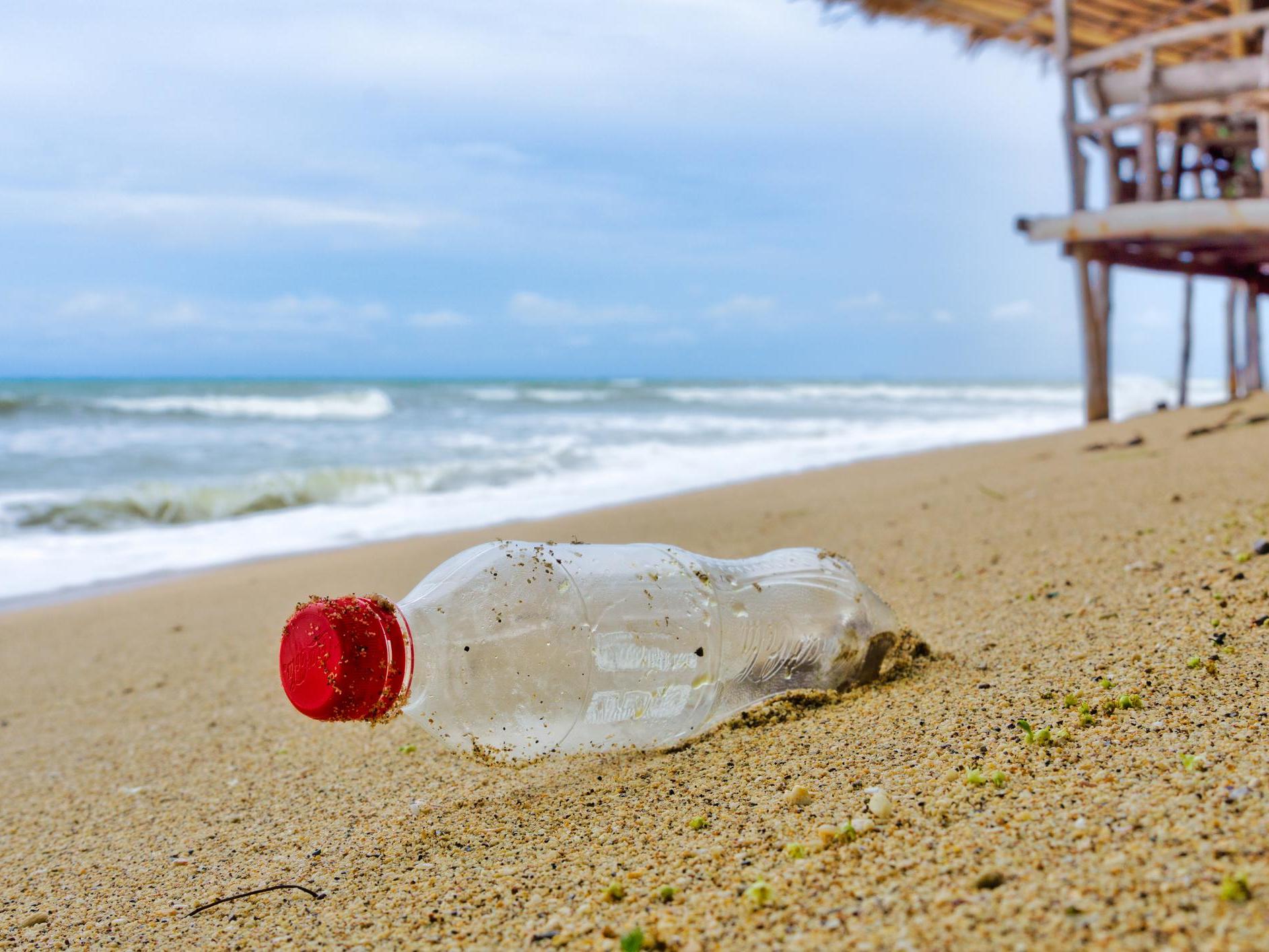Coca-Cola named worst plastic polluter for second year in a row by environmental group
More than 11,000 pieces of plastic from the brand collected in beach cleanups

Coca-Cola has been named the worst company for plastic pollution for the second year running by an environmental pressure group.
The global beverages brand came out top in a list of the top-polluting companies worldwide published by Break Free From Plastic.
In September, the organisation conducted 484 beach cleanups in more than 50 countries.
The group found that 11,732 pieces of plastic collected during the cleanups were from Coca-Cola products, an amount that was more than the next top three global polluters combined.
In response to the report, Coca-Cola said it would address this “critical global issue”.
Nestle and PepsiCo came in second and third place behind Coca-Cola in the report.
The other companies included in the top 10 list of polluters were Mondelēz International, Unilever, Mars, P&G, Colgate-Palmolive, Phillip Morris, and Perfetti Van Melle.
Von Hernandez, global coordinator at Break Free From Plastic, said: “This report provides more evidence that corporations urgently need to do more to address the plastic pollution crisis they’ve created.
Louise Edge, head of Greenpeace UK’s ocean plastics campaign said: “Yet again we’re seeing these corporate giants such as Coca-Cola, Nestlé, and Pepsi polluting our rivers and beaches with plastic.
“But when it comes to their policies on plastics it’s clear that these huge global brands are planning to fail. They’ll continue to be the worst polluters for years to come unless they radically change their policies.
“These companies have the resources to come up with innovative reusable and refillable packaging. But instead they focus on recycling or swapping from one throwaway packaging to another. We urge these plastic polluters to focus on switching to reusable and refillable packaging now.”
A Coca-Cola spokesperson said Evening Standard: “Any time our packaging ends up in our oceans – or anywhere that it doesn’t belong – is unacceptable to us. In partnership with others, we are working to address this critical global issue, both to help turn off the tap in terms of plastic waste entering our oceans and to help clean up the existing pollution.
"At a global level, we are part of key coalitions that work together to clean up plastic pollution. We co-founded the World Economic Forum Global Plastic Action Partnership (GPAP), a collaboration with government and stakeholders in coastal economies to address plastic waste with specific programmes launched in Indonesia, Vietnam & Ghana to date. We are also part of the G7 Ocean Plastics Charter and alongside key industry partners, invested $15m in Circulate Capital, an impact-investment firm aiming to keep plastic waste out of the world’s oceans.”
The brand pointed to various other environmental initiatives, such as its World Without Waste programme, set out in 2017.
“This [programme] included a goal to recover 100 per cent of the cans and bottles we use, by 2030, so that none of our packaging ends up as waste and all of our bottles and cans are recycled and used again.”
You can read more about Coca-Cola’s sustainability goals here.
Join our commenting forum
Join thought-provoking conversations, follow other Independent readers and see their replies
Comments
Bookmark popover
Removed from bookmarks